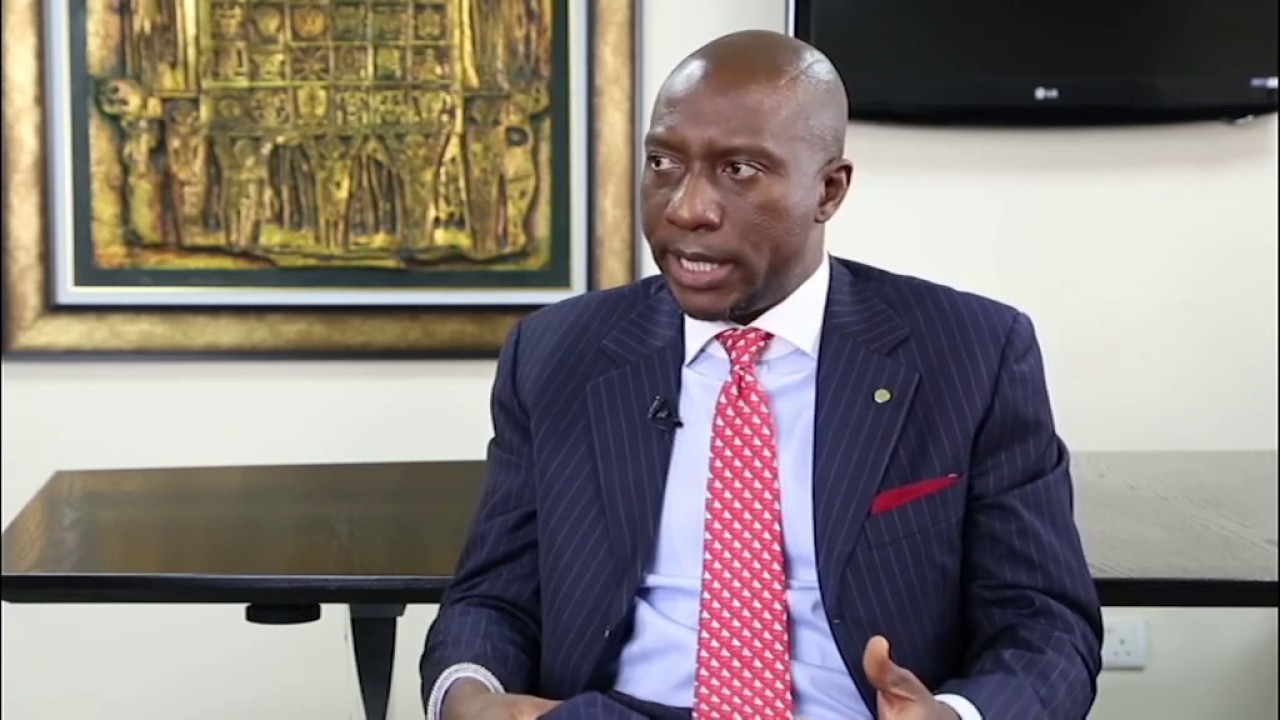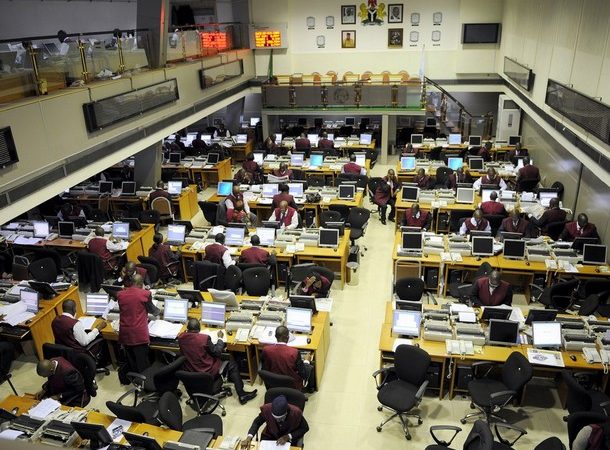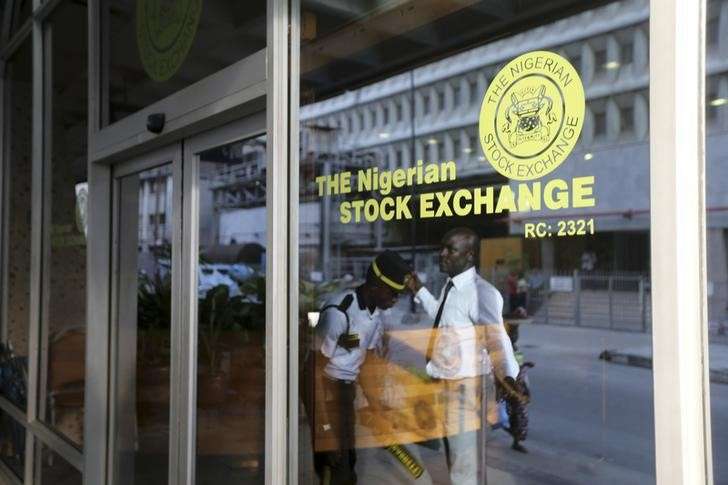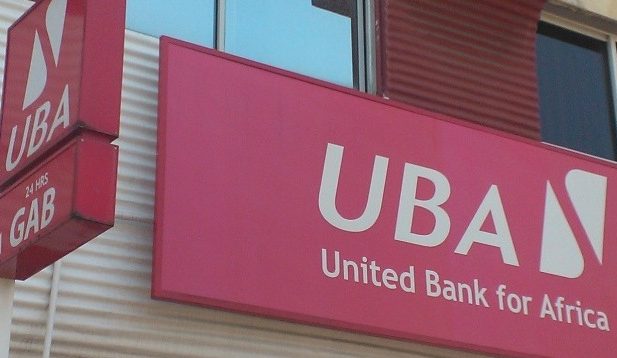Investors in the Nigerian Stock Exchange (NSE) were thrown into confusion as hours after the six-month old technical suspension the Exchange placed on the shares of Oando Plc was lifted and later reversed.
The NSE had disclosed in a notice last Tuesday, that the decision to lift the technical suspension was based on a request by the SEC. The notice signed by Director, Regulation, NSE, Tinuade T. Awe, stated: “We refer to all prior communication regarding the technical suspension of trading in the shares of Oando Plc (Oando) implemented on the directive of the Securities and Exchange Commission (Commission) on 23 October 2017.
“Please be informed that further to a 9 April 2018 directive of the Commission, The Exchange lifted the technical suspension placed on Oando’s shares after the close of trading today, 10 April 2018.
“Consequently, there will be no impediment to price movement in the shares of Oando” But the NSE rescinded its decision, during the trading hours, stating that the shares of the company listed on both the Nigerian and Johannesburg Exchanges, re-mained on technical suspension.
For the less than eight hours it traded following the lifting of the technical suspension, shares of Oando gained 10 points on the NSE, trading at N6.60 as against N5.99 before the lifting of the suspension. It will be recalled that the NSE on 18th October 2017 announced that it had placed the shares of Oando Plc, on ‘full suspension for 48 hours.’
Thereafter, on 23rd October 2017, the NSE further announced that it had placed the shares of the company on ‘Technical Suspension’. The NSE by a letter dated 18th October 2017 informed management of Oando Plc that the suspension of the company’s shares by the NSE was done in compliance with a directive issued to it by the SEC. Efforts to get the reasons by the reversal proved abortive as NSE and SEC Corportate Communications Officers neither picked their calls nir responded to inquiries.
Only last Tuesday, a group of Concerned Shareholders of Oando Plc had called on Muhammadu Buhari; Vice President Yemi Osinbajo; Senate President Bukola Saraki; Speaker, House of Representatives, Hon. Yakubu Dogara and other well-meaning Nigerians to prevail on the NSE and SEC to lift the technical suspension placed on the oil firm’s shares.





